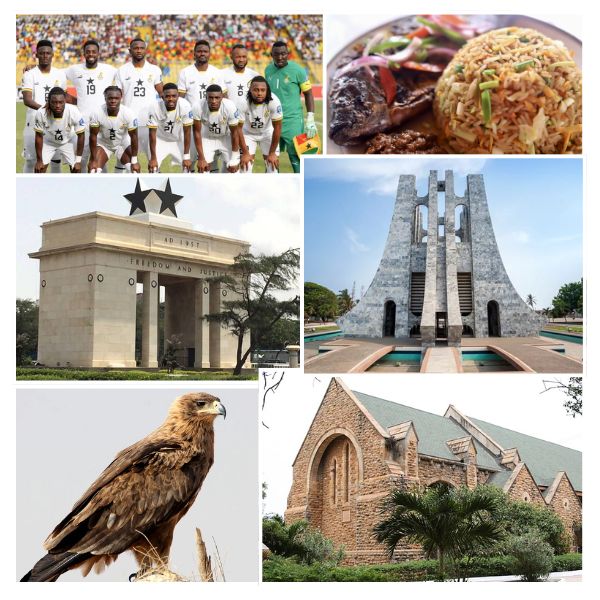
India Ghana Business and Cultural Council

About Ghana
Ghana, located on the Gulf of Guinea coast in western Africa, is a leading country due to its
natural wealth and its history dating back to 10,000 BCE. The country is known for its lush forests,
diverse animal life, and sandy beaches. The name Ghana comes from the great medieval trading empire,
which established direct sea trade with Europe in the 15th century. The area's inhabitants traded
with the Portuguese, Dutch, British, and other Europeans, and the focus shifted to the slave trade
in the 17th century. Ghana is also known for growing cacao, which is an important export for the
country.
Ghana gained independence on March 6, 1957, and is primarily composed of the former Gold Coast.
Nationalist and Pan-African leader Kwame Nkrumah led the drive for independence, which led to over
30 other African countries declaring their independence within the next decade. Nkrumah laid the
groundwork for fiscal independence within the new country, but decades of corruption, mismanagement,
and military rule stifled growth. By the 1990s, Ghana began showing signs of improvement, and it is
now considered an example of successful economic recovery and political reform in Africa.
Ghana's economy is primarily driven by agriculture, forestry, and fishing, which employ over half of
the population. Cacao, grown commercially for its seeds and cocoa beans, is a significant source of
export revenue, and the world price paid for cocoa beans directly determines Ghana's economic
fortunes. However, production fell sharply during the 1970s due to aging and diseased trees,
drought, bush fires, poor transport facilities, lack of adequate price and other incentives to
farmers, and widespread smuggling across Ghana's borders.
Timber has also been an important source of foreign exchange earnings, but the significance of
timber exports dropped due to restrictions on cutting and exporting round logs. The domestic market
is important, with a wide range of crops produced for local consumption, such as yams, cereals,
cattle, shea nuts, and kola nuts. Other agricultural products exported include sugar, coffee, palm
oil, palm kernels, copra, and various fruits and vegetables.
Objectives

Business Council
To promote bilateral trade between India and Ghana To boost businesses of all the sectors, particularly MSMEs, and create business opportunities To promote businesses of all sizes across the two countries Establish business to business and people to people contact Create tie-ups amongst chambers of commerce and have businesspeople as part of this council.

Cultural Council
To promote cultures and exchange ideas and values through this council Facilitate cultural exchanges in the form of music, dance, history, artifacts, exhibitions, expos and even through online mediums Create opportunities for student exchanges, training and courses to promote cultural relations between India and Ghana To promote artists through shows, exhibitions, etc. either in person or through online mediums.
